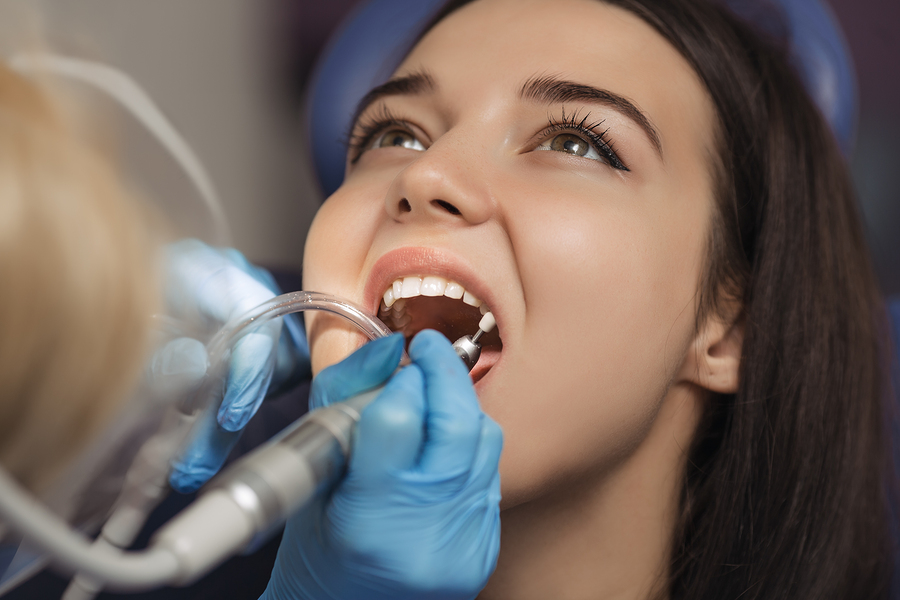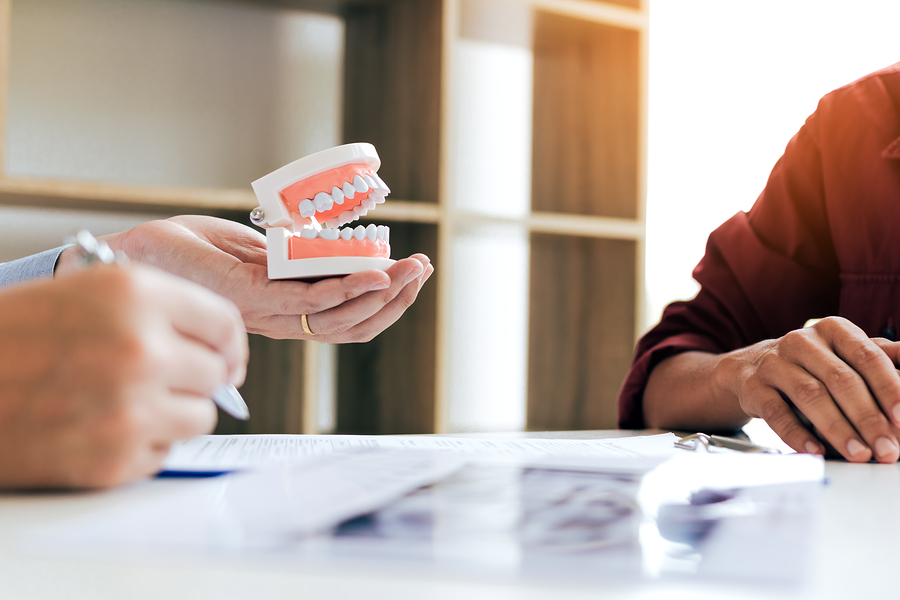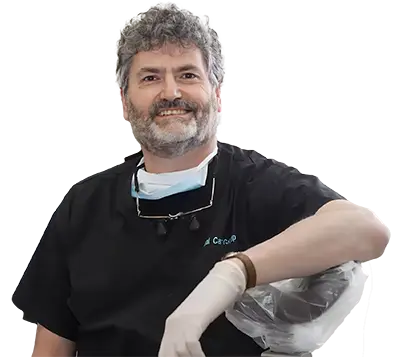“There’s no ‘I’ in team.”
Nowhere is this truer than your local dental practice. While the dentist may be the one that gets name-checked, the truth is that oral health is a team effort.
Without the rest of their team backing them up, your local dentist wouldn’t be able to give you the advice or treatment that you’ve come to expect.
And a crucial part of our team are our highly-experienced and trained dental hygienists!
What exactly do dental hygienists do? What role do they play in your dental care? Our Armadale dentist explains…
What a dental hygienist does
Thankfully, the name is pretty self-explanatory!
As you know, a clean mouth is a healthy one – good hygiene is essential if you want to protect yourself from gum disease, tooth decay or worse.
Therefore, it’s crucial that you practice a healthy oral hygiene routine that incorporates the right technique and products.
And a dental hygienist can help with that!
A dental hygienist promotes patient education
Good oral hygiene starts with good home care. In particular:
- Proper technique
- Appropriate brushes
- Suitable products
Additionally, certain patients require unique advice. For example, someone with a history of gum disease might need a special brush to accommodate for their sensitivity.
Enter, your dental hygienist.
As specialists in dental hygiene, hygienists are probably the best people to go to when you want advice about your oral cleanliness.
They’ll help optimise your home care routine, helping you keep a cleaner, healthier mouth.
They can spot and diagnose oral health problems
Dental hygienists do much more than just advise – they can also diagnose!
While carrying out certain preventative procedures, your dental hygienist may notice certain dental problems that need to be treated, ASAP.
They may then diagnose the problem and recommend further treatment as required.
For example, while performing a routine cleaning, they may notice a hidden crack or chip tucked away in the corners of your mouth. These problems need to be fixed quickly, and before they get any worse.
Your dental hygienist carries out preventative care
In addition to helping diagnose problems and improving your home dental routine, hygienists can also carry out certain dental procedures, either on their own or in support of the resident dentist.
For example, your dental hygienist may carry out periodontal and gum treatments.
Additionally, they are also responsible for carrying out in-clinic cleaning – a service which they’re allowed to carry out independently in most cases.
Other common responsibilities include:
- Administering local anaesthetic prior to a more complex dental procedure
- Applying tooth whitening agents
- Selecting and applying flouride treatments
- Taking dental X-rays
- Stabilising teeth affected by severe gum disease
Becoming a dental hygienist
Dental hygienists are more than simple orderlies – their job isn’t to pass brushes around or fill out reports.
Your hygienist is a highly-qualified dental health professional in their own right, and the training process reflects that.
Step 1: formal training
Like with any highly-skilled position, the journey to becoming a dental hygienist starts with your education.
At the minimum, that requires a VET qualification in oral health (specifically, dental hygiene) approved by the Dental Board of Australia (DBA) and the Australian Health Practitioner Regulation Agency (AHPRA).
More and more however, prospective hygienists are enrolling in university-level courses such as Melbourne Uni’s Bachelor of Oral Health, or La Trobe’s Bachelor of Oral Health Science.
Step 2: getting accredited
So you’ve walked out with your degree. However, that doesn’t mean you can start calling yourself a dental hygienist just yet!
Before you start applying for jobs, you’ll need to get certified with the DBA.
What does that involve?
- Professional indemnity insurance
- English language proficiency
- Accepting the AHPRA code of conduct
Additionally, you’ll also have to familiarise yourself with:
- Dental standards
- Dental recordkeeping guidelines
- Infection control guidelines
There are some hurdles between you and your dream job as a dental hygienist. Make no mistake however, these requirements exist for a very good reason: to ensure you extend the best care to your future patients!
Click here for the full list of registration standards.
Step 3: the learning never stops!
As a medical field, dental practice often changes and shifts as new technology, treatment and research come out. In order to continue providing the best oral care, dental professionals – including hygienists – need to keep up.
This is more than a “nice to have” – according to the Dental Board of Australia, it’s a requirement for ongoing accreditation!
Dental hygienists are required to undergo a minimum of 60 hours participating in professional development activities every three years, such as workshops and seminars.
At least 48 of the 60 hours should be in clinical or scientifically based programs.
Our Armadale dentist and dental hygienists look after your oral health
Good oral health is essential. In addition to protecting you from gum disease, infection and tooth decay, good oral health also works to safeguard other facets of your health.
And you can’t enjoy good oral health without good dental hygiene!
Dental Care Group is led by our Armadale dentist Dr Zelman Lew, and supported by an experienced dental team who provide expert treatments for the entire family.
Our cutting-edge dental clinic offers a range of dental procedures, including:
- General dentistry
- Cleaning
- Emergency service
- Cosmetic procedures (including restorative dentistry)
- Implant Placement and restoration
- Full Mouth rehabilitation
Whatever the problem, our experienced team can take care of it for you. Give our friendly team a call today on (03) 9509 1500, or click here to make a booking.


